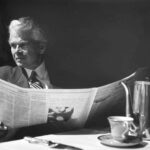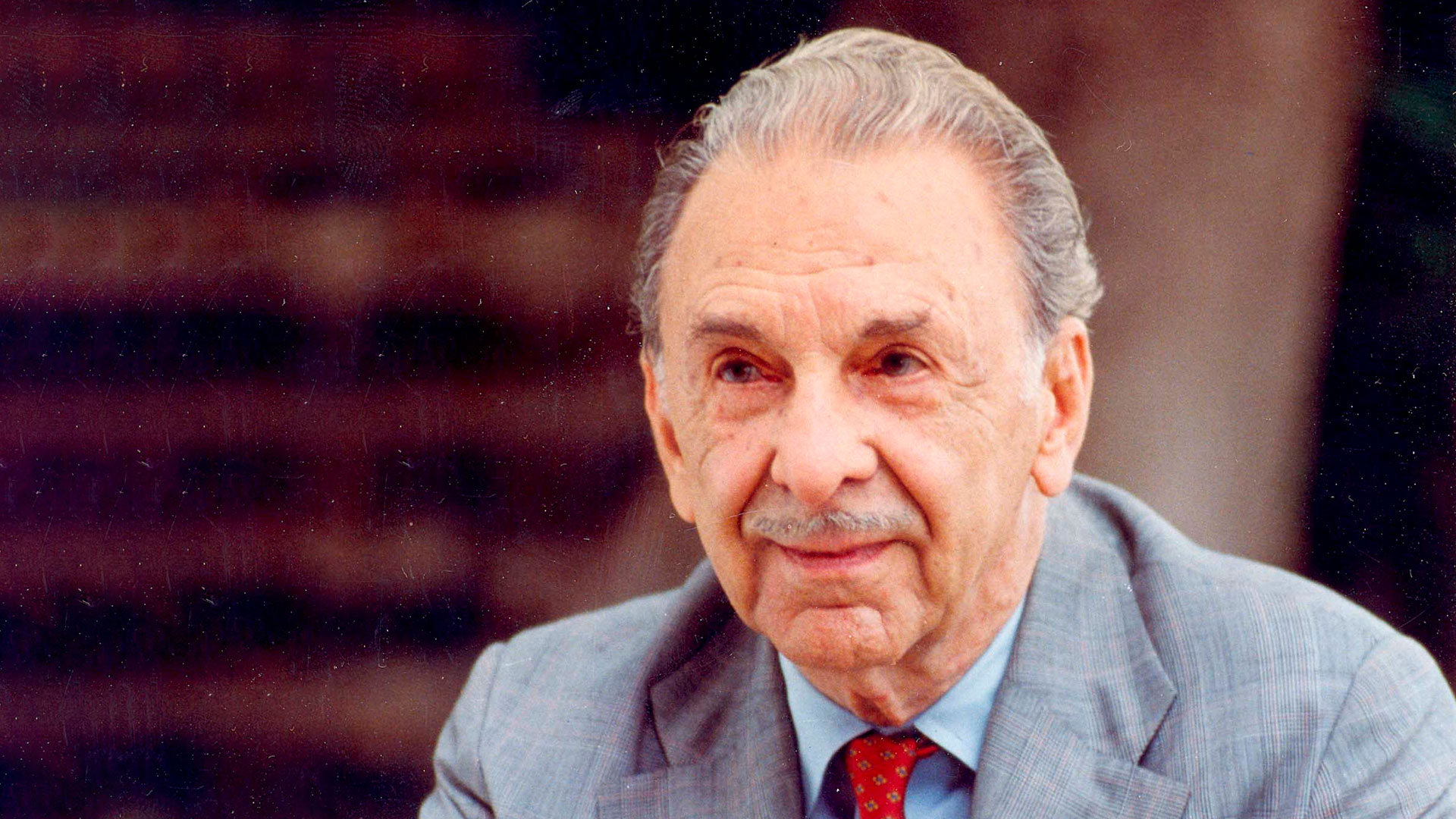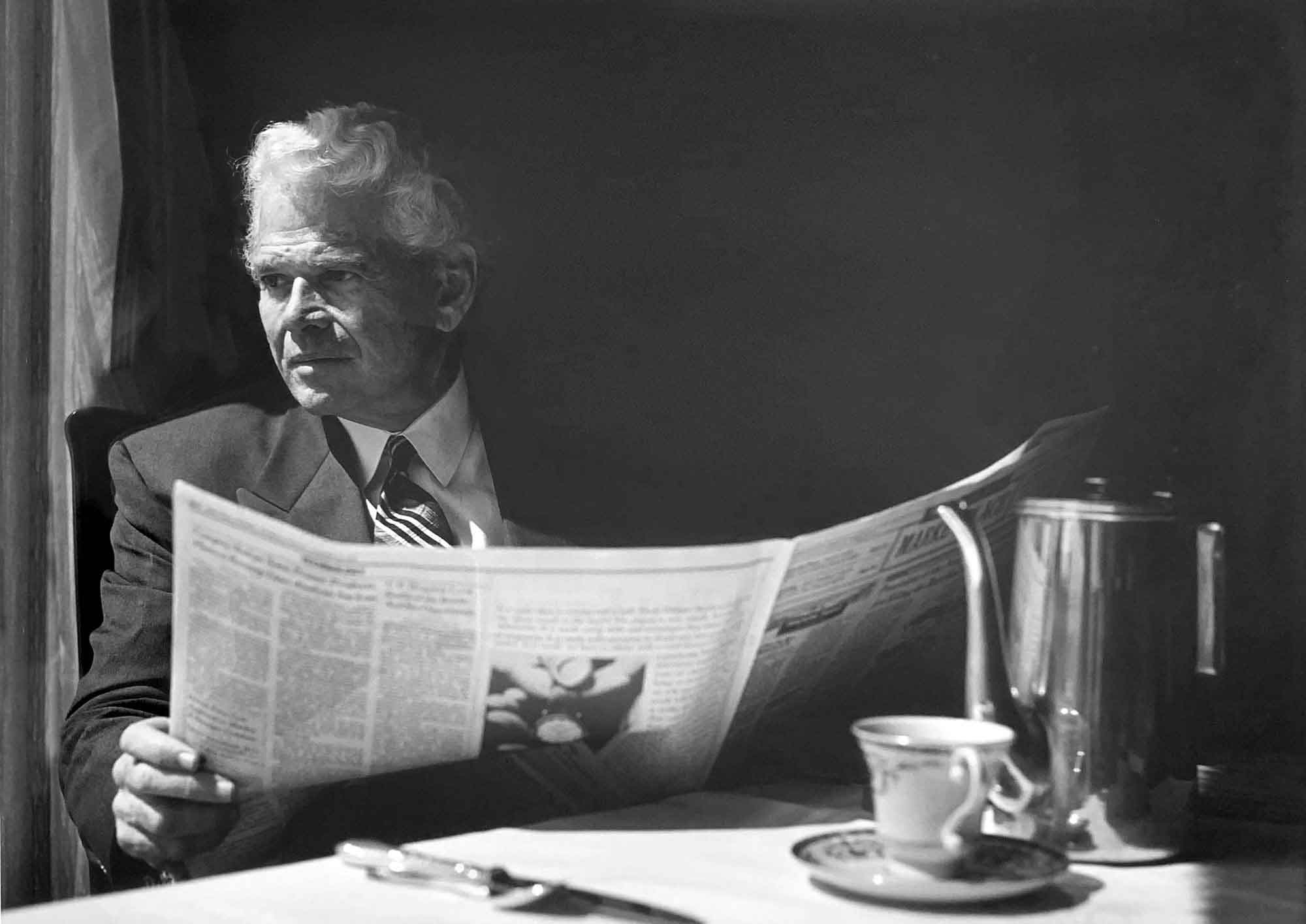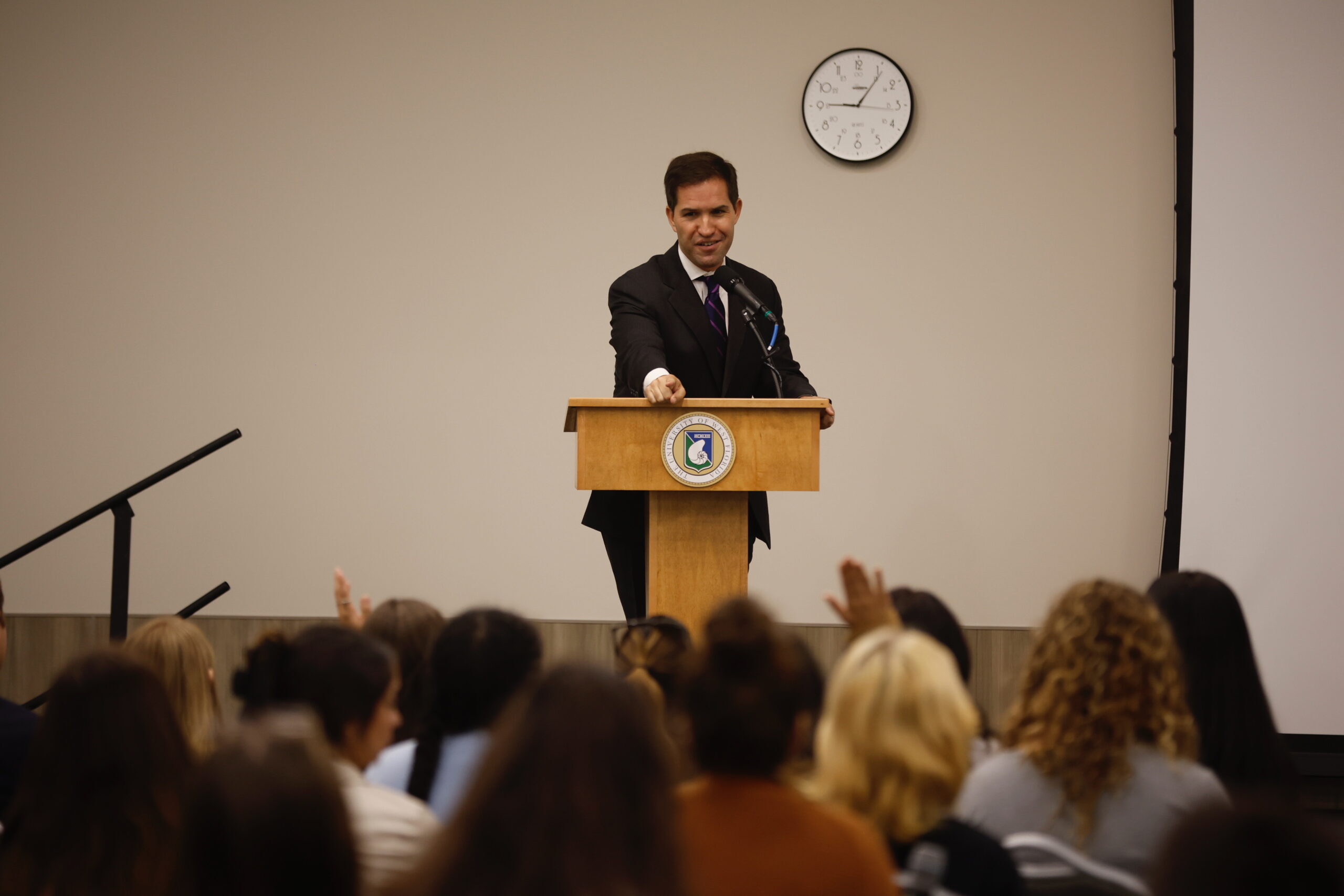JRD Tata stands as one of India’s most iconic industrialists. His tremendous achievements advanced Indian business and aviation. JRD Tata’s visionary leadership of the Tata group shaped India’s economic development.
JRD Tata spent his early childhood in France. His mother was French, so he grew up immersed in French culture. A chance childhood meeting with aviation pioneer Louis Bleriot sparked JRD Tata’s lifelong passion for aircraft and flying.
Early Life in France Kindles Love of Aviation
JRD Tata’s childhood in France profoundly influenced him. Spending time in France as a boy, JRD Tata learned to speak French before any other language.
A pivotal moment came when JRD Tata met legendary French aviator Louis Bleriot. Bleriot’s pioneering spirit and innovations in early airplane technology inspired the young Tata. This childhood encounter lit a fire in JRD Tata for aviation that would shape his future.
Becoming India’s First Licensed Pilot
JRD Tata earned his pilot’s license in 1929, becoming the first Indian to do so. Tata flew the first plane in India, cementing his reputation as the father of Indian civil aviation.
JRD Tata had intended to study engineering at Cambridge University. However, duty called him back to India to advance his family’s business interests.
Though unable to study abroad, JRD Tata pursued his passion for flying in India. He diligently earned his pilot’s license, despite the lack of aviation infrastructure in 1920s India.
JRD Tata’s licensure bore historic significance. He demonstrated that Indians could compete with the best pilots worldwide. Tata’s love of aviation was infectious, helping aviation take off in India.
Founding India’s First Commercial Airline
JRD Tata founded Tata Airlines in 1932, India’s first commercial carrier. In 1948 it became Air India, India’s national airline.
In 1932, Tata Airlines operated its inaugural flight, with JRD Tata himself piloting. This groundbreaking trip from Karachi to Bombay heralded a new era in Indian travel.
Under JRD Tata’s leadership, Tata Airlines expanded rapidly. By launching India’s first airline, the Tata Group spearheaded advances in Indian transportation and economic growth.
Air travel in India simply would not exist without JRD Tata’s vision. He democratized the skies, allowing middle-class Indians affordable air travel.
Presiding Over the Tata Empire’s Growth
JRD Tata took the reins of Tata Sons in 1938, guiding the company through decades of prosperity. Under his tenure, Tata Sons’ assets grew from $100 million to $5 billion.
Succeeding his second cousin was no easy task, but JRD Tata excelled in his role. He directed Tata Sons’ expansion into new industries like steel, power, chemicals, and hospitality.
JRD Tata’s leadership made the Tata Group an international conglomerate. He set high ethical standards, earning respect for his principles and business acumen.
Thanks to JRD Tata’s oversight, the Tata Group became one of India’s most prominent multinational corporations. Tata’s success arose from his vision and ability to empower his team.
Championing Innovation in Technology and Education
Beyond business, JRD Tata promoted advancements in technology, science, and education.
In 1945, JRD Tata established the Tata Institute of Fundamental Research, furthering science in India. He also founded the National Centre for Performing Arts and the Tata Institute of Social Sciences.
In 1968, Tata Consultancy Services launched as an IT services pioneer. Tata’s support of technology and education initiatives created new opportunities for India.
Garnering Awards and Military Honors
JRD Tata’s aviation leadership earned him accolades from India’s armed forces. In 1948, the Indian Air Force awarded him the rank of Group Captain.
Recognizing his service to India, JRD Tata received the country’s highest civilian honor. He was presented with the prestigious Bharat Ratna award in 1992.
These honors highlighted JRD Tata’s stature as a leader who uplifted India socially, economically, and technologically. He helped India take flight through his groundbreaking work in Indian aviation.
Guiding the Tata Group with Strong Ethics
JRD Tata helmed the Tata Group based on community-focused ethics. He sought to empower Indians through business leadership.
In 1941, the Tata Group established Asia’s first cancer research and treatment center. This pioneering initiative improved Indian healthcare.
JRD Tata proved businesses could succeed financially while responsibly serving people. His leadership made the Tata Group India’s most trusted company.
Passing the Torch to Ratan Tata
Ratan Tata succeeded JRD Tata as Chairman of Tata Sons in 1991. JRD had adopted Ratan as a mentorship project years before.
JRD Tata treated Ratan like a son, grooming him for leadership. Their close relationship ensured a smooth transition when Ratan assumed control of the Tata Group.
Ratan Tata carried on JRD’s legacy of compassionate, community-oriented leadership. But JRD’s shoes were large ones to fill.
Inspiring Generations as a Visionary Leader
JRD Tata embodied the entrepreneurial spirit of innovation that developed India’s economy. He inspired citizens to achieve their highest potential.
JRD Tata’s accomplishments in aviation, business, technology, and education left a lasting imprint on India. His life serves as a model for future generations of leaders.
The “father of Indian aviation” charted new heights that transformed India’s future. JRD Tata’s enduring legacy secures his place among India’s most iconic industrialists.
Final Thoughts
JRD Tata profoundly influenced India’s trajectory through aviation, industry, and education. His visionary leadership brought empowering changes.
An entrepreneur at heart, JRD Tata always looked to the future. He is remembered for his ethics, community spirit, and global outlook that advanced India.
JRD Tata represents the tremendous good business leaders can do. His story provides lessons and inspiration for Indians determined to build a better, brighter future.











